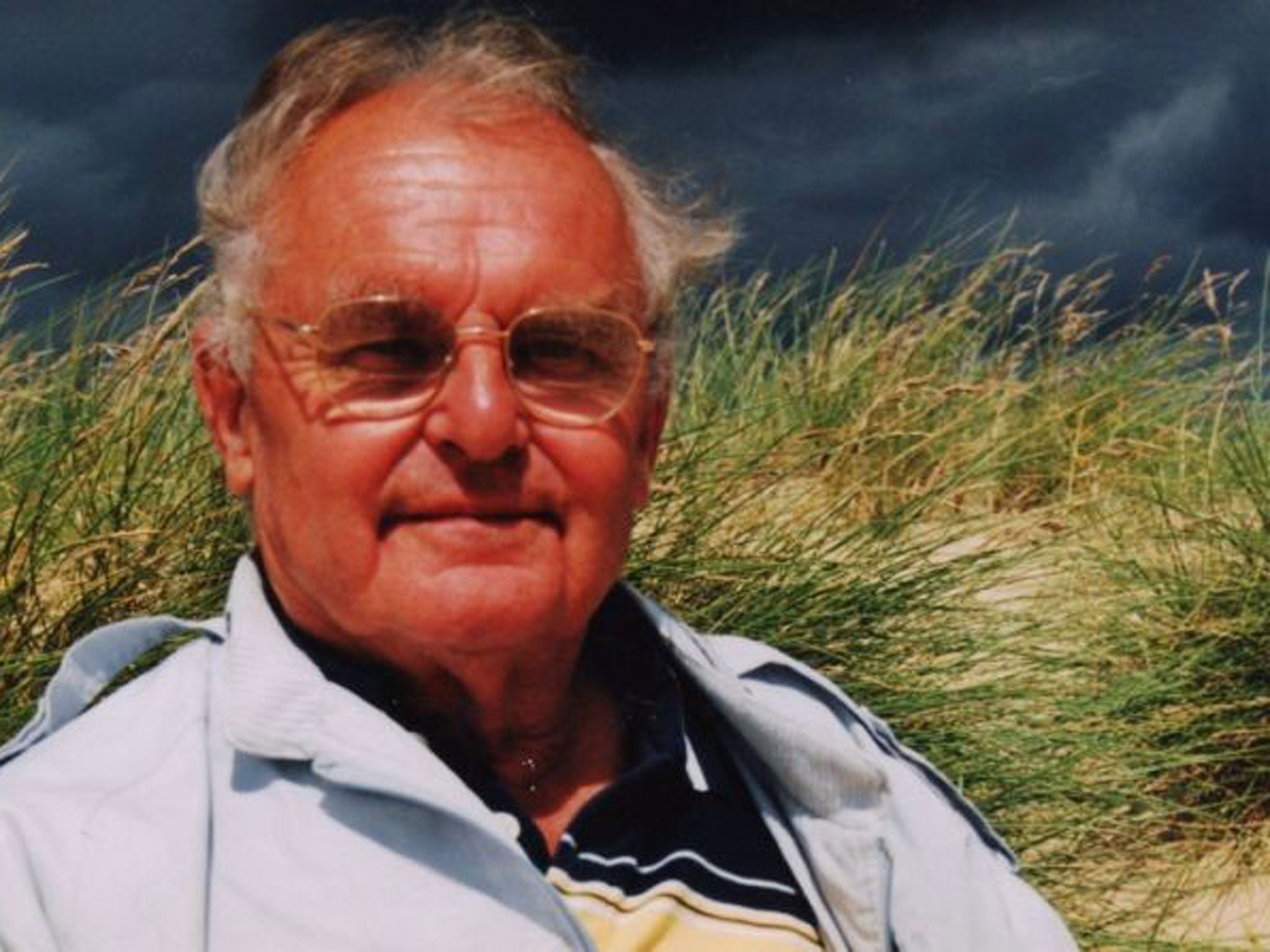Bill Wood: Naval officer who served at D-Day and in the Pacific
Served in the battleship Nelson before joining Verulam on her commissioning in April 1943

Bill Wood took a leading role in the sinking of a Japanese heavy cruiser in the last fleet action by the Royal Navy in the Second World War. It was fought on the night of 15-16 May 1945 by five destroyers less than three months before nuclear bombs forced Japan's surrender. Wood was gunnery control officer in one them, HMS Verulam. Based at Trincomaee in Ceylon, the flotilla steamed some 20 hours flat out and entered Malacca Strait from the Indian Ocean. Her radar picked up the cruiser Haguro at a then extreme range of 68,000 yards, so distant indeed that Verulam's captain at first disbelieved the report by an able seaman operating the scanner.
Each of the ships in the flotilla was armed with four 4.7 inch guns, no match for the firepower of Haguro's 10 eight-inch guns. Admiralty orders about small ships taking on much larger ones were ignored and a battle plan, worked out previously, was put into effect. “Heavily outgunned,” as an official report put it, “they were able to split the enemy fire and cause maximum confusion.”
In Wood's words: “Our ships starred out – meaning that we got around Haguro and came at her from different directions. She seemed to be taken by surprise and we scored several hits, but the night was pitch black and our flotilla shared the honours.” Finishing off the cruiser with torpedoes, they prepared to pick up survivors when the appearance of a Japanese aircraft made a kamikaze attack seem imminent and they quickly turned for home. A Japanese destroyer went out from Penang and rescued 400 men.
Wood had trained at Greenwich and Devonport and served in the battleship Nelson before joining Verulam on her commissioning in April 1943. She first took up convoy duties escorting ships carrying war supplies to north Russian ports. On more than one occasion Verulam was attacked by U-boats and aircraft, but Arctic storms were no less hazardous and swept one man overboard.
Verulam took part in the D-Day landings in June 1944, allocated to Sword beach and staying off Normandy for a fortnight. Once war was over she went to Singapore for the Japanese surrender there and escorted a hospital ship filled with released prisoners of war to Australia; sadly, she had to conduct funerals at sea. Wood completed his naval service as a lieutenant commander in the Royal New Zealand Navy cruiser Black Prince, but never used his service rank in civilian life.
Although baptised Albert Edward, he always preferred to be called Bill. He was educated at Almondbury Grammar School in Huddersfield, where his family were old-established game and fish retailers. After the war, for 25 years he represented Yorkshire Imperial Metals in southern England and retired to Suffolk, his main voluntary work being long-term chairman of Ipswich Sea Cadets. He died at home in Debenham, where a memorial service will be held in the parish church today. His ashes will be cast into the sea off Felixstowe.
Albert Edward (Bill) Wood, naval officer: born Huddersfield 12 March 1924; married 1958 Joan Zimmerman (one son, two daughters); died Debenham 13 January 2013.
Join our commenting forum
Join thought-provoking conversations, follow other Independent readers and see their replies
Comments
Bookmark popover
Removed from bookmarks